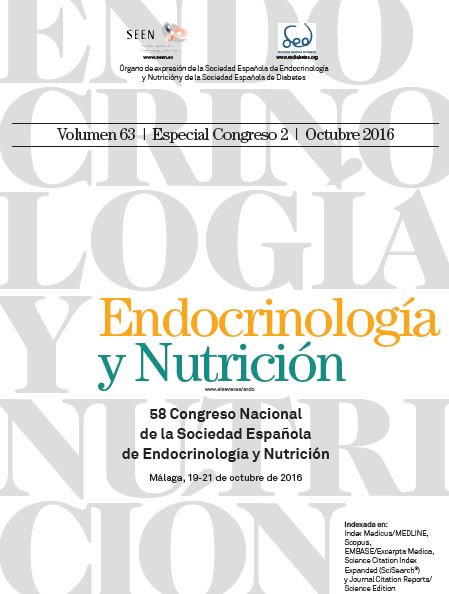164 - Dietary behavior of type 2 diabetic patients, trying to improve their dietary adherence with a telematic self-management application
aSchool of Health and Human Sciences. Coventry University delivered at Aegean College. Omiros Educational Group. Athens. Grecia. bVIDANO Health Telematics S.A. Athens. Grecia. cDivision of Health and Social Services. Municipality of Agios Dimitrios. Athens. Grecia.
Introduction: Aim of the present study was to explore the dietary behavior of patients with type 2 diabetes (T2D) trying to improve their dietary adherence with a telematic self-management application.
Methods: Ninety nine T2D patients (57% males), aged 64 ± 8.7 old, already receiving treatment, participated in this study. Baseline assessment included dietary, physical activity and demographic data. In order to assess dietary adherence, the guidelines for T2D patients combined with those for healthy Greek adults were grouped into 20 habits (i.e. fruit intake) and assigned a recommended goal. Information gathered at baseline were compared to these 20 goals and those habits not meeting the goal were activated on a tablet provided to each patient. A self-management dietary application pre-installed in the tablet, provided a monitoring environment for each activated behavior. All baseline and 3-month monitoring data were analyzed.
Results: At baseline the behavior most frequently not-adhered was the number of meals, followed by low-fat dairy products, vegetables, red meat, dairy products, legumes, whole-grain products, hidden salt, olive oil, fish, visible fat on meat, skin of poultry, added salt, physical activity, alcohol, sweets and SSBs, foods with refined carbohydrates, rich in added sugar, fat and/or salt, egg and white meat. At 3 months, 82% of patients have tried to improve one or more behaviors, the most frequent being olive oil (97% of patients), and fish (58%) and the least frequent and low-fat dairy products (7%) added salt (4%).
Conclusions: Thesepreliminary data highlight a discrepancy between recommendations most frequently not-adhered and dietary habits participants choose to improve, indicating probably difficult-to-adhere dietary habits.
Founding: this study was part of a larger study founded by E.U. and three municipalities of Athens, Greece.
Acknowledgements: the authors would like to thank all the participants of the study.





